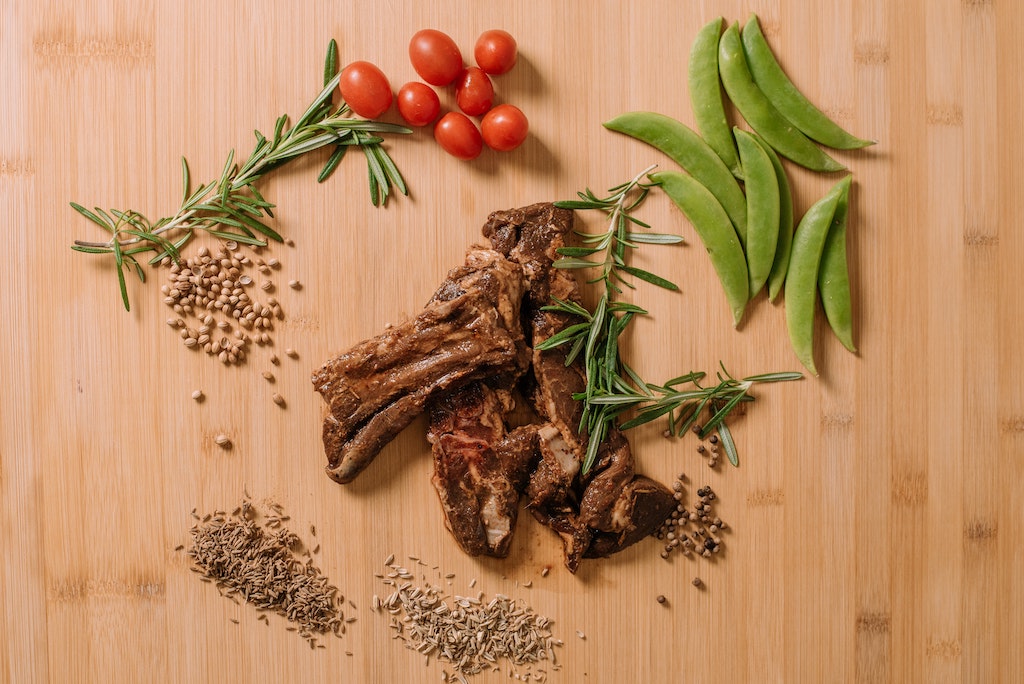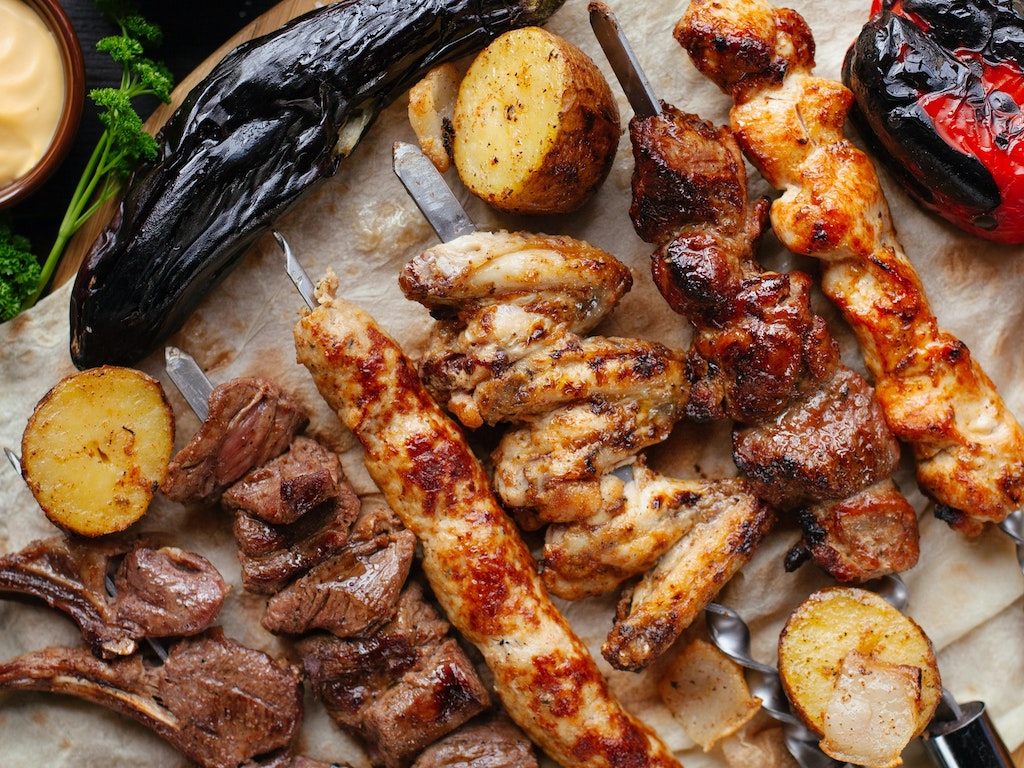3 Mins Read
There’s no shortage of companies racing to put their own cultured beef, chicken, and seafood on the market. But some startups are developing the technology to help these producers get there. Cambridge University spinout Animal Alternative Technologies (AAT) is one of them.
Using AI, the startup has created an entire manufacturing system—Renaissance Farm—that makes cultured meat a reality for any food business that wants to jump in.
AAT was born out of the University of Cambridge, co-founded by Clarisse Beurrier and Yash Mishra in 2020. Beurrier formerly worked at cell-based pork belly startup Higher Steaks, also based in Cambridge, while Mishra is completing his PhD in biotech and engineering at the university.
Renaissance Farm
Together, they’ve made a complete end-to-end platform that produces meat directly from animal cells, be it beef, lamb or pork—and it’s scalable. AAT dubbed the platform Renaissance Farm, symbolising the firm’s mission to “democratise access to sustainable food by creating a Renaissance: the future of animal farms.”

The startup has only just come out of stealth mode, debuting its tech at the recent Cambridge Innovation Summit, after completing the Big Idea Ventures (BIV) accelerator program. AAT graduated from BIV with $200,000 in pre-seed funding.
Sharing more about Renaissance Farm, Beurrier told the Cambridge Independent: “What we offer is an end-to-end cultured meat manufacturing system, which includes bio-reactors, to democratise access to sustainable food production.”
Structured cell-based meats
While most cell-based companies have managed to cultivate meat in formats like mince or bites, AAT says their platform enables the production of whole-cut products.

“We’re developing the bio-reactors ourselves to produce structured meats rather than mince,” said Mishra. He told the Cambridge Independent that AAT has already secured a bioreactor manufacturer based in Malaysia.
“We build the system, supply the cells and all the raw materials,” Mishra explained. “The bioreactors are run by our automated software—it’s almost plug-and-play.”
Beurrier described the system as “rather like a coffee machine” where their clients, which can range from restaurant chains to CPG brands, can use Renaissance Farm to make their own cell-based meat. AAT’s tissue engineering tech means different meats, textures, fat content, and taste of products can be tailored.
Growing meat in bioreactors directly from cells means eliminating the carbon and resource-intensive process of raising livestock. It is also an ethical alternative, taking out the need to slaughter animals for food.
Singapore launch on the cards

In the interview, AAT revealed that they’re most likely to launch in Singapore. It makes sense, given that the country is the world’s first (and to date, the only) to have given regulatory approval for cultured meat.
Back in December 2020, Eat Just won the race to become the first to commercially sell its lab-grown chicken bites in the city. Singapore is keen to attract more foreign cell-ag talent, recently calling on startups to apply early to gain approval to sell novel foods in its market.
Mishra said that the first product Renaissance Farm will churn out is lamb. Afterward, the platform will expand its portfolio to cover more animal meat species.
“Once the precedent is set, it gets easier,” he commented.
Lead image courtesy of Unsplash.




